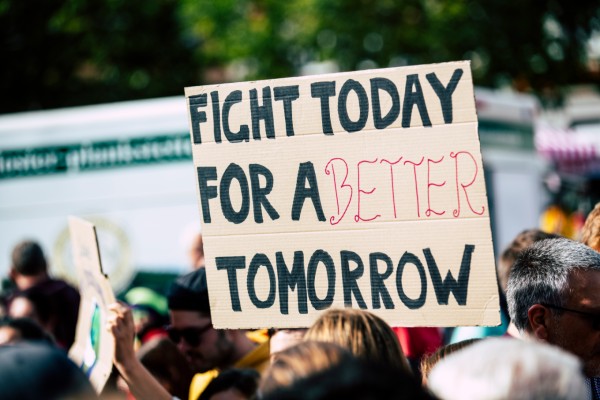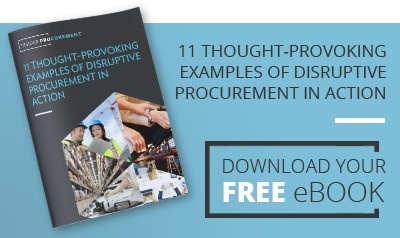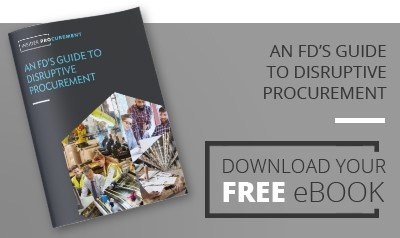Many, many articles have been published in past weeks, all attempting to assess the current crisis and foresee future impact.
From politicians, economists, supply chain experts, Big 4 consultants and Futurists like Gerd Leonhard (very interesting), it is easy to feel overwhelmed and confused.
But a few key themes have emerged:
- Working remotely is the new norm - flexibility in the workplace will become acceptable and even preferable
- Consumers have lost trust and confidence – there has been a shift in attitudes and societal expectations
- Inequality between those working in the digital economy and those in services or manufacturing is clear and has fuelled the realisation that we need more equal respect and pay
- There will be a need for aggressive investment in healthcare, new industries and in science if we are to re-grow economies around the world
- Balance sheet resilience, cash and working capital are critical indicators and must be examined forensically using different, more sustainable, criteria
So, what is the impact likely to be on your organisation?

It is only natural that leaders will be cautious, favouring near-shoring and building simpler supply chains, seeking resilience as a priority.
No longer just in time, but just in case.
But if you only look for risks and not opportunities, you will not get very far. We need to ask ourselves, how can we adapt? How long have I got?
Immediate next steps should include a review of your critical spend areas and supplier partners.
- Can you pull back on non-essential spend to help cashflow?
- Can you re-engineer process or product quickly to reduce outgoings?
- Prices are falling fast on some raw materials – can you re-negotiate your cost base?
- Talk to your suppliers about how you can do things differently together and innovate for the future.
- Understand their risks as well as your own.
To adjust to the “new normal”, each organisation must decide on constructive next steps - yes, plan for resilience but focus on how to build for the future.
Some sectors will face more disruption that others, some organisations will take longer to recover.
But whether public or private sector, we all need to step up, re-evaluate, demand more from ourselves and others to create a more equal and sustainable world.
We need long-term economic value creation where ESG priorities are integrated into strategy and where human diversity is seen as a fundamental requirement of success.
Insider Pro will focus on the Hospitality, Retail and Healthcare sectors in the coming weeks, suggesting focus areas for constructive change and re-engineering.
With thanks to the following for inspirational and useful articles:


